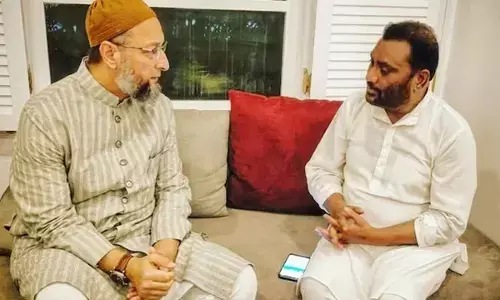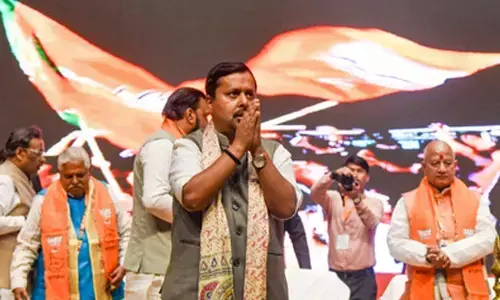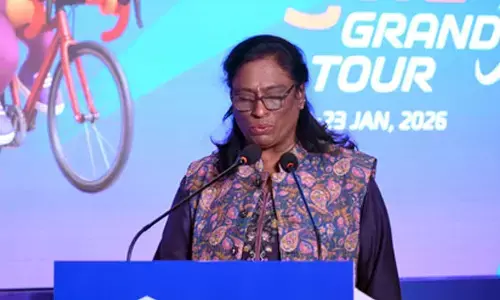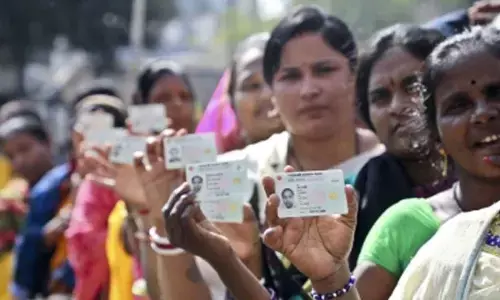Two Southern CMs give calls to conceive more
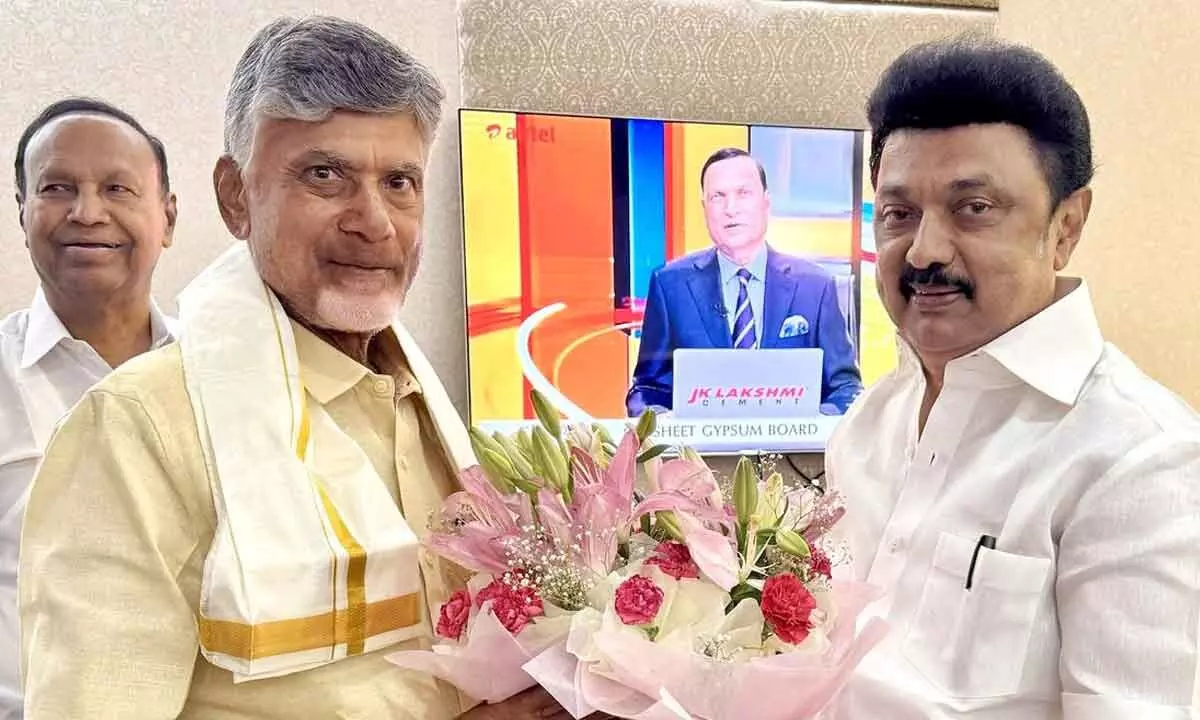
Ithas been seen over years that India’s Family Planning Programme has undergone a paradigm shift from the one targeted at reining in population rise and ensuring population stabilisation to to a programme ensuring better maternal and child health.
Ithas been seen over years that India’s Family Planning Programme has undergone a paradigm shift from the one targeted at reining in population rise and ensuring population stabilisation to to a programme ensuring better maternal and child health. However, it is not that the government has given up on population control, or stabilisation. Successive governments have been steadily ramping up accreditation of more and more private/ NGO facilities to increase the provider base for family planning services under the PPP mode.
The National Population Policy-2000 was framed to meet the unmet needs for contraception towards the goal of a stable population by 2045. Mission Parivar Vikas is focussed on enhancing access to contraceptives and family planning services, especially in high fertility districts. A dedicated software (FP-LMIS) is in place to keep tabs on needs, procurement and distribution of family planning commodities across all levels of health facilities in the country. There is even a National Family Planning Indemnity Scheme (NFPIS) under which clients are insured in the eventualities of death, complication and failure following sterilization.
Why all this? Population growth adversely impacts economy, society, and environment. Its control is crucial in order to preserve and efficiently conserve natural resources, protect ecosystems, and improve quality of life. Already, India ranks as the world’s most populous nation with 1.486 billion people, surpassing China in April 2024.
And it’s still growing.
Despite population explosion, India, according to United Nations Development Programme (UNDP), India lifted 271 million people out of extreme poverty in a 10-year time period from 2005–2006 to 2015–2016. Still, due to sheer size of numbers, our roads, and railways too, are choking and witnessing worrisome levels of pollution. Infrastructure and public systems are groaning under burden. India has been just placed at 111 out of a total of 125 countries in the Global Hunger Index (GHI) 2023.
Amidst this predicament, Chief Ministers of Andhra Pradesh and Tamil Nadu, N Chandrababu Naidu and M K Stalin, respectively, are exhorting their people to conceive more and add to the population numbers. Are the governments telling their people ‘you conceive more and we will take care’? A closer look, however, reveals contrasting exhortations by the two Chief Ministers.
Last week, Chandrababu Naidu drew attention to the rising numbers of ageing population in the country. He vowed that his government would even enact a legilsation that would reverse population control measures and offer incentives for having more children. The urgency of his tone does bring to our mind Joseph Stalin bringing in a legislation during war time to encourage women to beget more children.
Naidu took up the examples of Japan, China, and certain European countries that are suffering the consequences of ageing populations outnumbering younger generations. He may be justified as the United Nations Population Fund had predicted last year that at the current growth rate of 41%, the elderly in India may surpass the population of children (aged 0 to 15 years) by 2046.
In contrast, Stalin fears reduction of South India’s population numbers may lead to a lesser share in parliamentary seats when delimitation exercise is taken up. The fertility rate in southern states is below the national average of 1.6. Stalin alleges decline in population rise will result in less devolution of Central funds to southern states. It is akin to “penalising southern states for meeting population goals,” he says.
The two CM’s calls should stir a debate among lawmakers, policymakers and the public at large to look at the large picture and, if need, be recommend course correction for the nation.









